Industry discussions about sustainable lighting are increasing for a variety of reasons:

- NAILD’s recent open letter calling for more sustainable LED lighting products. Details here.
- Vermont’s first-in-the-nation ban on all 4’ linear fluorescent lamps, based on mercury, not energy efficiency. Details here.
But what would sustainable product regulations look like? The European Union (EU) is far ahead of North America on sustainable product regulations, and a look at what the EU is doing gives one vision of where sustainable product regulations could go in North America. Here is a synopsis of the EU approach, from the National Law Review, in April:
At the end of March, the European Commission (Commission) presented the Sustainable Products Initiative (SPI) as part of a ‘Circular Economy Package I’, and proposals for a new directive empowering consumers for the green transition, and a new Construction Products Regulation.
The Commission aims at “making sustainable products the norm” and reducing negative life cycle environmental impacts of products, while benefitting from efficient digital solutions, by setting a framework for Ecodesign requirements, creating an EU digital product passport and tackling the destruction of unsold consumer products.
In particular, the SPI includes the proposal for an Ecodesign for Sustainable Products Regulation (ESPR), which would repeal the current Ecodesign Directive 2009/125. It establishes a horizontal framework and broadens the scope of the Ecodesign Directive beyond energy-related products, i.e. beyond any product that has an impact on energy consumption during use. The new Regulation would apply to all physical goods, including components and intermediate products, except food, feed, medicinal and veterinary products, living plants and animals, and products of human origin. According to the Commission’s explanatory memorandum, the ESPR is meant to address products that are not covered by existing legislation or where that legislation does not sufficiently address sustainability, and Ecodesign requirements in the delegated acts that it will adopt cannot supersede requirements set in legislative acts (of the Council and European Parliament).
The proposed regulation provides a framework for the Commission to adopt delegated acts with specific requirements for a product or group of products, following the approach of the current Ecodesign Directive. It would task the Commission with adopting a Working Plan with a list of products for which it plans to adopt such delegated acts, covering at least three years, thus providing some predictability. The Commission would have to prioritise products based on their potential contribution to the EU climate, environmental and energy objectives, and for improving the product aspects without disproportionate costs to the public and economic operators. The Commission stated that it has preliminarily identified textiles, furniture, mattresses, tires, detergents, paints, lubricants and intermediate products like iron, steel or aluminium as suitable candidates for the first ESPR Working Plan. It expects to prepare and adopt up to 18 new delegated acts between 2024 and 2027 and 12 new delegated acts between 2028 and 2030. In its proposal, the Commission foresees budget implications, as it would need significantly more staff to implement the Ecodesign framework. It estimates that it will have to increase its dedicated staff from currently 14 to 44 in 2023 and up to 54 in 2027.
For anyone who thinks that EU sustainable product regulations could never cross the Atlantic, remember that California modeled its 2017 RoHS regulations on EU RoHS regulations. It’s certainly plausible that legislatures in California, Vermont, Canada, and other progressive state governments could introduce aspects of the new EU scheme. Share your thoughts in the comment section below.







You must be logged in to post a comment.